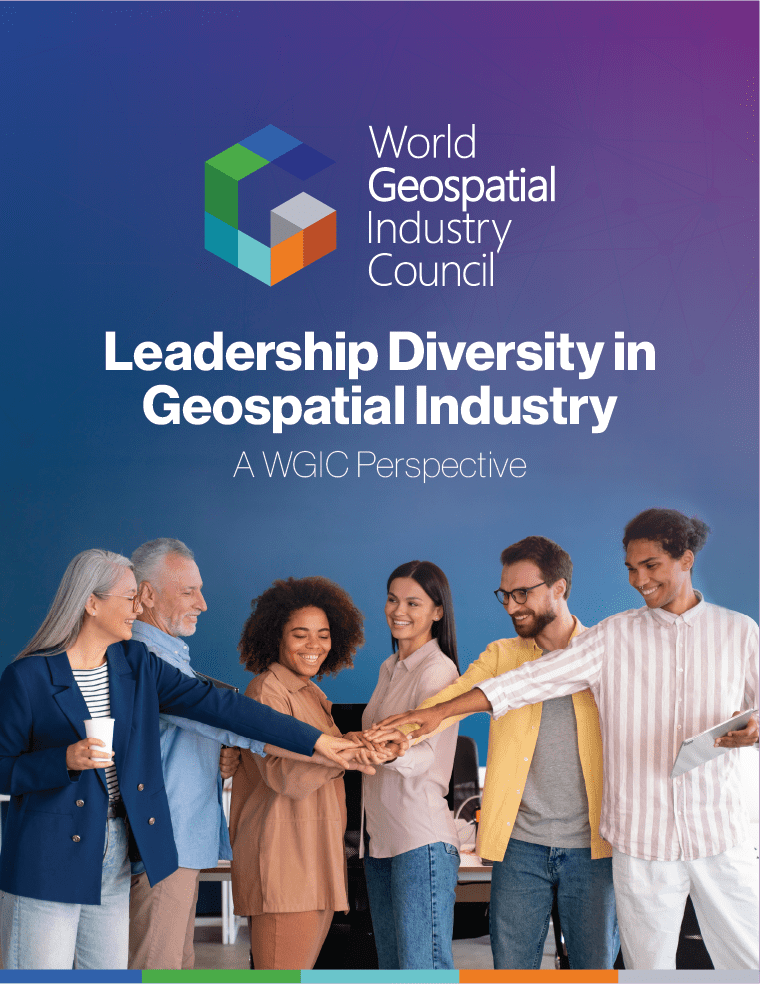Swift technological advancements and increasing global interconnectedness necessitate a reimagining of leadership approaches in the geospatial industry. Recognizing the urgency of embracing diversity within leadership ranks is crucial, not just for representation but as a strategic imperative to drive innovation and sustainable business growth. Diverse leadership harnesses a broad spectrum of experiences, viewpoints, and talents, essential for tackling the industry’s complex challenges.
Further, the geospatial industry, pivotal in shaping global communication networks, urban development, and environmental conservation, stands on the brink of significant change. Its future depends on a willingness to champion inclusive leadership that can address not only technological innovation but also global issues like climate change and urbanization. The time for the geospatial industry to act and integrate diverse perspectives effectively is now.
According to the World Geospatial Industry Council’s (WGIC) report, ‘Leadership Diversity in Geospatial Industry: A WGIC Perspective,’ this diversity must include voices from different races, genders, socioeconomic backgrounds, education, sexual orientation, and more. The report emphasizes that true leadership diversity goes beyond numbers. It involves integrating a wide array of thoughts and experiences to drive innovative solutions and adapt to a globally interconnected landscape.
Diverse Perspectives Enrich Innovation and Excellence
Diverse teams bring different experiences and perspectives, boosting creativity and teamwork. Leaders from varied backgrounds enrich problem-solving with unique insights, challenging conventional thinking. Studies have shown that diverse teams are better at identifying risks and generating innovative solutions because they draw from a broader range of experiences and cognitive approaches. According to the 2020 McKinsey report, ‘Diversity Wins: How Inclusion Matters,’ companies with diverse executive boards enjoy significantly higher earnings and returns on equity.
Furthermore, the presence of varied perspectives helps prevent groupthink, a phenomenon where the desire for harmony or conformity in a group results in an irrational or dysfunctional decision-making outcome. Leaders from different backgrounds ensure all viewpoints are considered, encouraging thorough scrutiny and robust debate for better decision-making. This process is especially crucial in the geospatial industry, where decisions can have far-reaching implications on urban planning, environmental sustainability, and global communications infrastructure.
Enhancing Market Reach and Ethical Standards
Organizations with diverse leadership are often seen as progressive and forward-thinking. Such organizations, in turn, attract top talent. An inclusive approach affects both internal culture and external interactions, boosting customer satisfaction and market impact. Diverse leadership can understand and cater to varied stakeholder needs, ensuring relevant and accessible products and services.
In addition to market reach, a commitment to diversity often correlates with heightened ethical standards and sustainable practices. A broad range of values and priorities, reflective of a diverse leadership team, enables a more responsible and equitable approach to business. This is especially vital in the geospatial industry, where ethical concerns encompass data privacy, security, environmental sustainability, and social impact.
Your Role in a Diverse Future
Embracing diversity in leadership is a continuous journey, requiring ongoing commitment from everyone in the industry, including you. Your actions, from advocating for fairness to valuing diversity, play a crucial role in shaping an inclusive culture and our collective progress.
Delve into the WGIC report to deepen your understanding of leadership diversity’s pivotal role in the geospatial industry. Reflect on how you can actively foster an inclusive environment within your own sphere of influence, ensuring your practices align with the principles of diversity and inclusion.

Leadership Diversity in Geospatial Industry – A WGIC Perspective Report
The report underscores the imperative of diversity in organizational leadership, deriving wisdom from the WGIC DEI Committee and dialogues within the WGIC membership. Providing in-depth insight into diversity, it catalyzes discussions for fostering an inclusive leadership culture in the geospatial sector.
The report reveals existing disparities in leadership diversity and, in a dedicated section, enumerates proven strategies aiding organizations in prioritizing leadership diversity.



